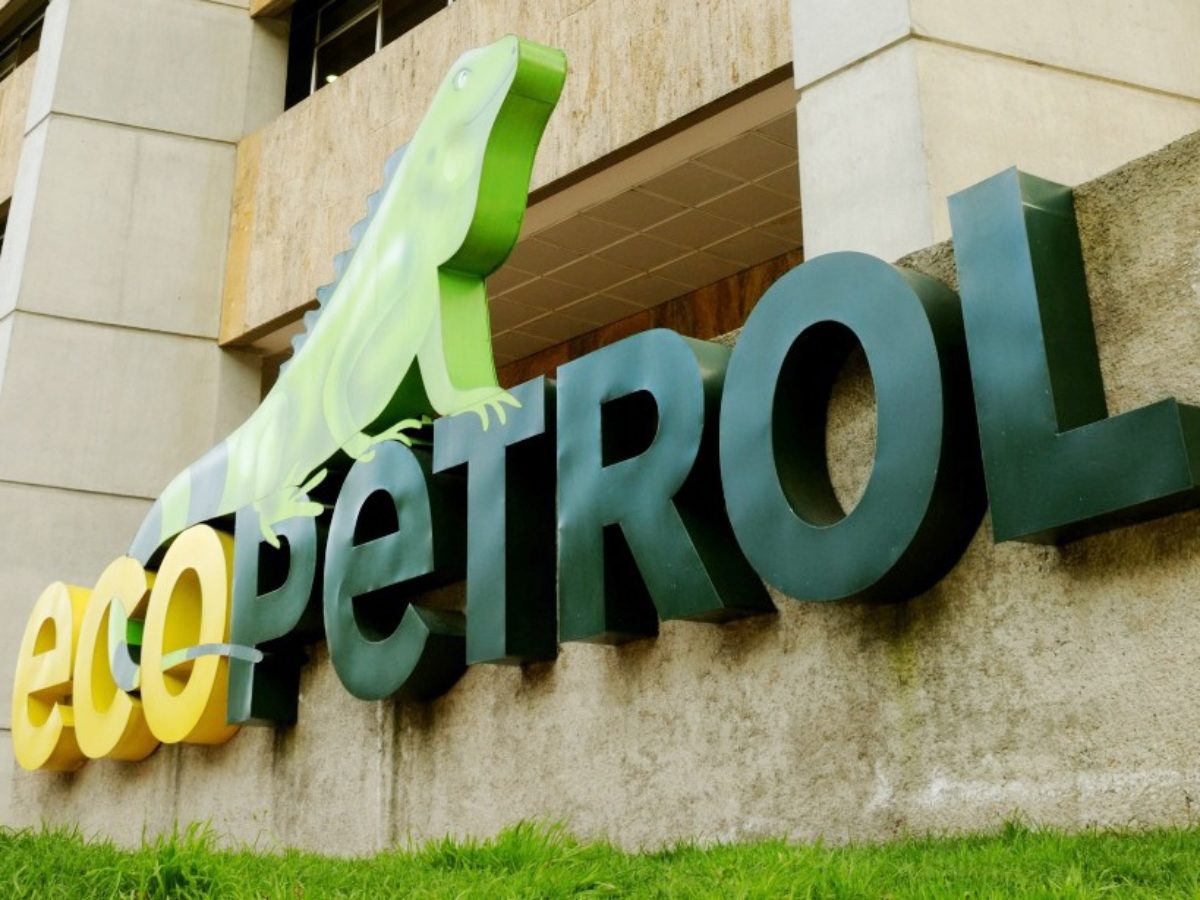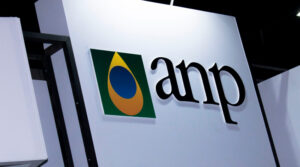
(S&P, 27.Sep.2021) — Asian refiners could soon find their crude oil procurement options in the regional spot market increase significantly as Colombia’s state-run Ecopetrol rapidly accelerates its heavy crude marketing efforts in the Far East, while the upstream company’s ambition to apply carbon offsets to its crude cargoes could lure many Asian end-users seeking to raise their share of low carbon feedstock purchases.
Currently 63% of Colombia’s total crude exports are focused on the Asian market, a sharp increase since 2008, when the share of crude sales to Asia was only 18%, President of Ecopetrol Felipe Bayon said during his presentation and a CEO conversation session at the S&P Global Platts Asia Pacific Petroleum Conference Sept. 27.
Asia is now the main export and sales destination for Ecopetrol and the Colombian oil and gas giant will open an office in Singapore with a target to launch trading and marketing operations from the Asian trading hub in the first quarter 2022, according to Bayon.
“The office in Singapore will allow us to consolidate Asia sales operations, in particular China, India and Southeast Asia, ensuring that the needs of our customers are fully met. We will be able to have presence in the area 24-7 and we will be able to develop new opportunities and expand our marketing and trading opportunities,” he said.
China’s state-run refiners and independent private-sector refiners indicated that the close presence of Ecopetrol’s trading and marketing team in Asia would further strengthen their trading partnerships, as China is already an established outlet for the Colombian supplier.
China’s private refining sector imported 1.64 million mt, or around 12 million barrels, of Colombia’s heavy sour Castilla Blend crude over January-August, according to market information collected by Platts.
Major South Korean refiners told S&P Global Platts that the companies are also excited to see more Latin American players making a move closer to the Far East, as the world’s fifth-biggest crude importer has seen the share of South American heavy crudes in its total refinery feedstock procurement basket rise to 3.5% to date in 2021 from 1.7% in 2020, according to Platts calculations based on data from state-run Korea National Oil Corp.
Highly sophisticated South Korean refineries are capable of processing heavy and extra heavy crude oil at maximum efficiency and minimal GHG emissions after rigorous plant upgrades over the past few years, according to industry sources and market analysts based in Seoul.
Hyundai Oilbank for one operates heavy oil upgraders with a combined capacity of 211,000 b/d, which accounts for 40.6% of its crude distillation unit capacity. The company had successfully built a solvent deasphalting unit, or SDA, with a capacity of 80,000 b/d in 2018.
Carbon offset crude oil
For the sale and export of flagship Castilla Blend crude, Ecopetrol is initiating a pilot program for offsetting carbon emissions for the heavy crude production and shipments, Bayon said.
Ecopetrol plans to not only focus on becoming a top supplier of choice for a lot of customers in Asia, but is also striving to work with Asian end-users to find ways to offsetting CO2 emissions of Castilla Blend cargoes.
“We are working on this as a big part of the company’s transition [to greener and low carbon focus],” he said.
Among Ecopetrol’s numerous carbon offset efforts, it built Castilla Solar farm in 2018 to supply power and minimize emissions at one of its oilfields.
Ecopetrol has avoided around 19,000 mt of CO2 thanks to the solar farm, which has been in operation for two years, Bayon said.
Currently, the 61 MW San Fernando solar farm is under construction and six more parks will start construction in 2021.
Ecopetrol’s commitment to minimizing GHG emissions in the life cycle of its crude production and shipments will likely pay off as many Asian refiners and end-users are looking to enhance their ESG profiles on the feedstock procurement front.
A growing number of Asian refiners have been slowly but gradually raising purchases of European and Australian crudes in recent trading cycles, regardless of the arbitrage economics or additional premium attached, as the end-users aim to fill a certain portion of their monthly feedstock baskets with crude and condensate certified as carbon neutral.
South Korea’s second-largest refiner GS Caltex has purchased 2 million barrels of Norway’s Johan Sverdrup crude certified as carbon neutral at the point of production for delivery in September, while Thailand’s PTT has been regularly picking up low carbon Australian Ichthys condensate in recent trading cycles.
____________________
By Philip Vahn

